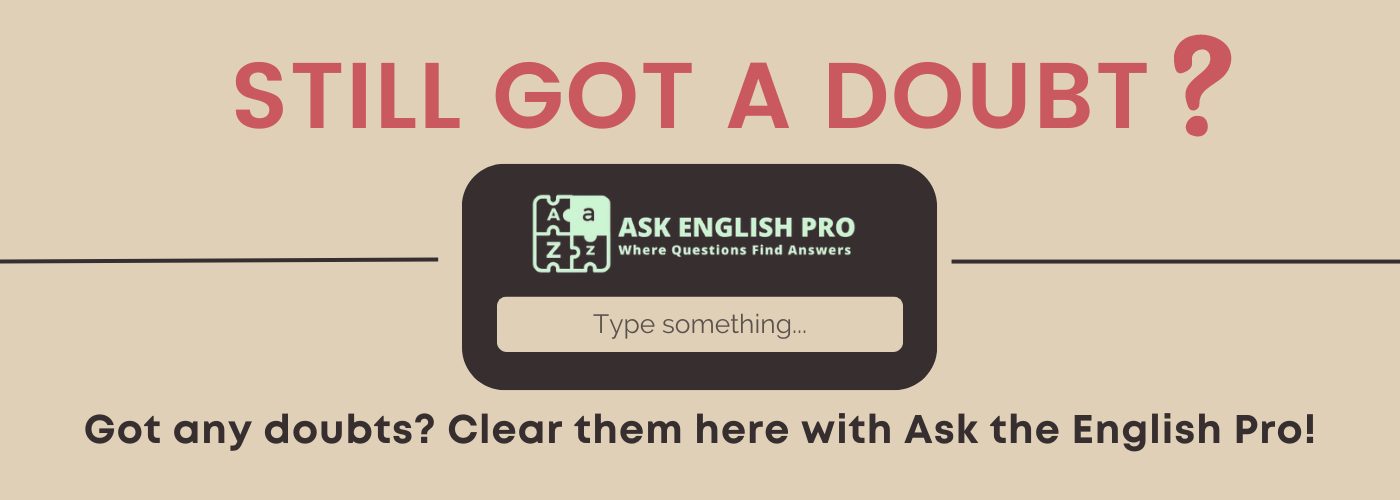Detailed Article for the Word “Obliterate”
What is Obliterate: Introduction
To “obliterate” is to erase something so completely that no trace remains, much like waves washing away footprints in the sand, leaving a pristine, untouched shore behind. It’s a word that suggests total removal or annihilation, often applied in situations where something is wiped out with force or intent. In today’s fast-paced world, the power to obliterate has both positive and negative connotations, whether it’s the ability to erase digital mistakes or the irreversible destruction caused by natural disasters. “Obliterate” captures the absolute nature of disappearance, resonating with moments when there’s no turning back.
Origin and History of the Word Obliterate
The word “obliterate” traces its roots to the Latin “obliterare,” meaning “to strike out or erase,” derived from “ob” (against) and “litera” (letter or writing). Originally, it implied erasing words or marks, as though to remove text from stone or parchment. First recorded in English in the mid-16th century, “obliterate” held a literal sense of physically erasing marks or traces. Over time, its meaning broadened to encompass the destruction of any physical or abstract entity, such as memories, buildings, or even entire cultures. As such, “obliterate” has evolved from a term describing removal of physical writing to signify absolute destruction in various contexts, whether material, digital, or emotional.
Meaning and Definition of Obliterate
Obliterate (verb):
- To destroy utterly; to wipe out so that no trace remains
- To erase or blot out, as in removing text, markings, or memories
- (In medicine) To eliminate or close an anatomical part or organ’s function
Usage note: While “destroy” and “erase” are similar, “obliterate” implies complete and irreversible removal, leaving no trace or chance of recovery.
How to Pronounce Obliterate
uh-BLIT-uh-rayt
How to Remember Obliterate: Memory Tips
To remember “obliterate,” think of “ob” (against) + “liter” (letters) – as though you’re going against the letters themselves, removing them entirely. Imagine a powerful wave crashing over words written in sand, obliterating them instantly. Another memory aid is to think of the action as being so forceful that it “obliterates” any possibility of something being recovered, whether it’s erasing words, memories, or objects from existence.
Obliterate in a Sentence: Examples and Usage
- Environmental: The hurricane obliterated entire towns, leaving only scattered remnants behind.
- Personal: She tried to obliterate the painful memory, but it lingered despite her efforts.
- Digital: With one keystroke, he obliterated hours of work, realizing too late that he hadn’t saved the file.
- Medical: The treatment aimed to obliterate cancerous cells without harming healthy tissue.
- Military: The missile strike obliterated the target site, leaving no signs of its previous structures.
- Historical: The invaders sought to obliterate any trace of the culture they conquered.
- Scientific: Erosion over centuries has nearly obliterated the ancient carvings on the cliff.
Difficulty Level of Using Obliterate
Intermediate to Advanced:
- Requires an understanding of complete removal or destruction
- Often used in serious or intense contexts
- Most effective when emphasizing irreversible effects
Modern Usage of Obliterate in Contemporary Context
The concept of “obliterate” remains as relevant as ever in the 21st century. In the digital world, the term appears frequently in cybersecurity, where data must be obliterated to ensure it cannot be retrieved by hackers. Social media also contributes to the word’s usage; content might be “obliterated” or permanently deleted for privacy or control. Furthermore, environmental concerns often feature “obliteration” in discussions of species extinction or habitat destruction. This concept extends into discussions of war and conflict, where obliteration can describe severe acts of warfare. On a cultural level, some scholars argue that digital archives are gradually “obliterating” the concept of forgetting, as information can now be stored indefinitely. As our understanding of “obliterate” continues to evolve, it symbolizes both the power to erase and the loss that such erasure entails, reminding us of the value of what may be lost forever.




















excellant way to teach a apprentice!
Being Pedantic but its excellent